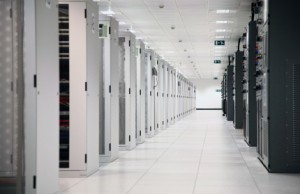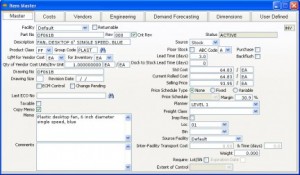An interesting discussion on ERP social media was raised on a webinar the other day. The topic of the discussion was how companies are building out their knowledge bases for their constituent communities. Specifically, how do you share captured knowledge to people external to an organization?
This lead to a discussion of the methods of communication that people use now. These methods, as you know, are typically through portals, email, and more-and-more are focusing on social media, such as Facebook and Twitter.
Most 18-year-olds today do not use the phone. Rather the prefer to only use text or Instant Message (IM) as their way of communicating. Customer service and help desks need to accomidate these new technologies. ERP and CRM tools needs to evolve to support the move towards social media as a communication channel. There is suddenly a wave to move towards a socialization of business communication, as well as business to consumer messaging.
ERP Social Media is happening now
There are now cases where entire companies are losing their email system in support of a social media style of communication. It is instant, open, secure, and adds value beyond traditional email. Can you imagine email being called a legacy application? Well it is becoming one.

Software such as Salesforce.com (a cloud based CRM) is now focusing heavily in social media as the conduit for business communications. Their Chatter tool is a secure, internally facing, twitter-like application that provides instant user communication and notification on key business events from data updates. Users can choose who and what to follow.
Businesses are moving to ERP Social Media tools. Companies such as Bank of America are using twitter as a support desk tool, with twitter feeding their case management solution and replies posted on the case show up as direct messages to the twitter user. This is one example of how public and ERP social media tools are merging together.
With the use of open APIs (interfaces), Twitter, Facebook, Linkedin, and other types of ERP based applications can be merged with ERP Social Media.
For example, an HR department could use Linkedin as a direct source for their candidate recruitment efforts and pull date directly into their HRMIS solution.
Moving from Legacy to ERP Social Media
With most mainstream ERP software solutions, the source of the data is human data input. EDI, once the method of electronic communications to a Purchasing system are so out of date, yet persistently remain. Eventually we may likely see it evolve to some sort of XML SOAP message initiated by a user perhaps even in the form of a Tweet.
Most output is in the forms of reports or perhaps an email to a user. ERP business systems will need to be udpated to include posting a tweet or a similar ERP Social Media message to notify users of business events.
ERP solutions need to quickly move to this new messaging format. Most traditional ERP systems do not use text messages as a data source, much less even a Twitter post.
This needs to change quickly to support the next generation of students and users. Kids entering college will graduate in four short years. When they enter the workplace, they will find creative ways to make ERP Social Media work for them, with or without the support of the ERP software vendors.
We welcome your comments on this topic as it will soon become a real issue in enterprise business software.


